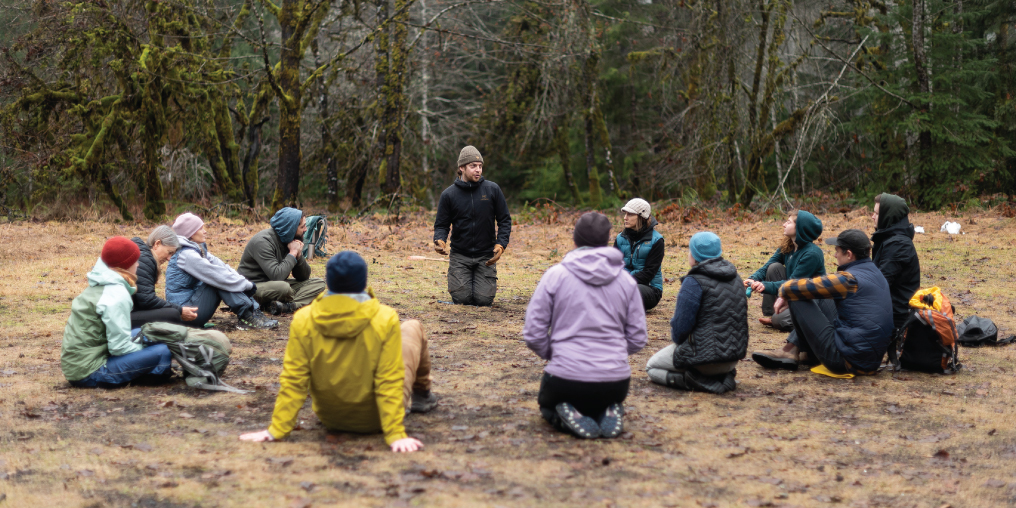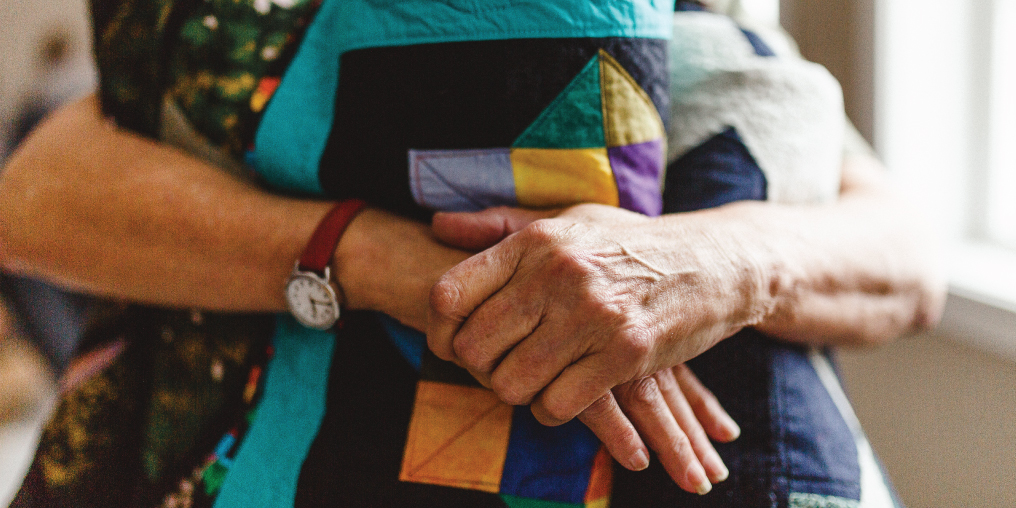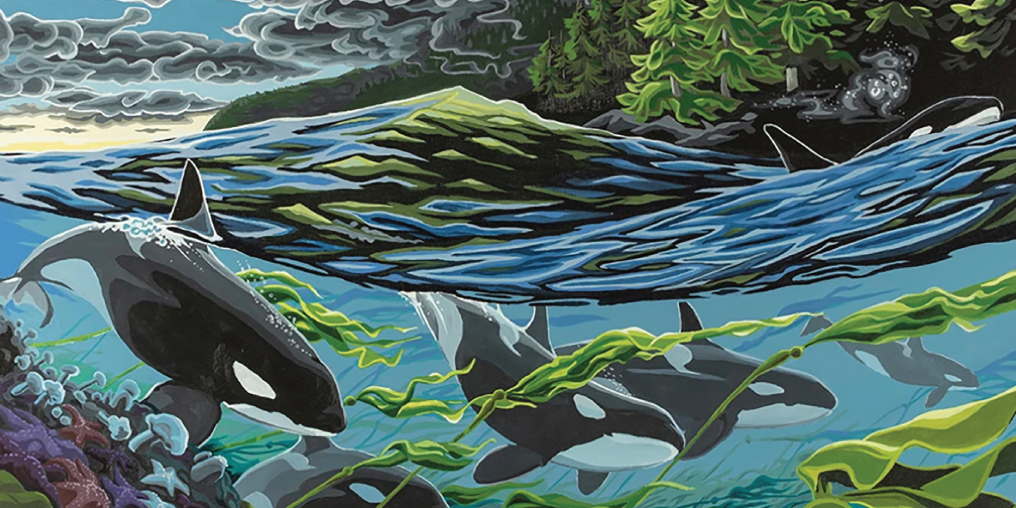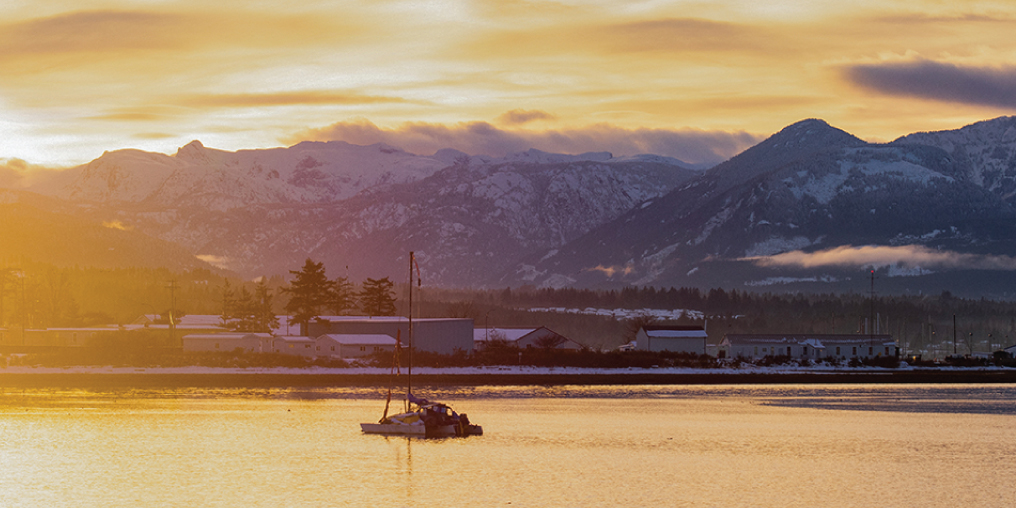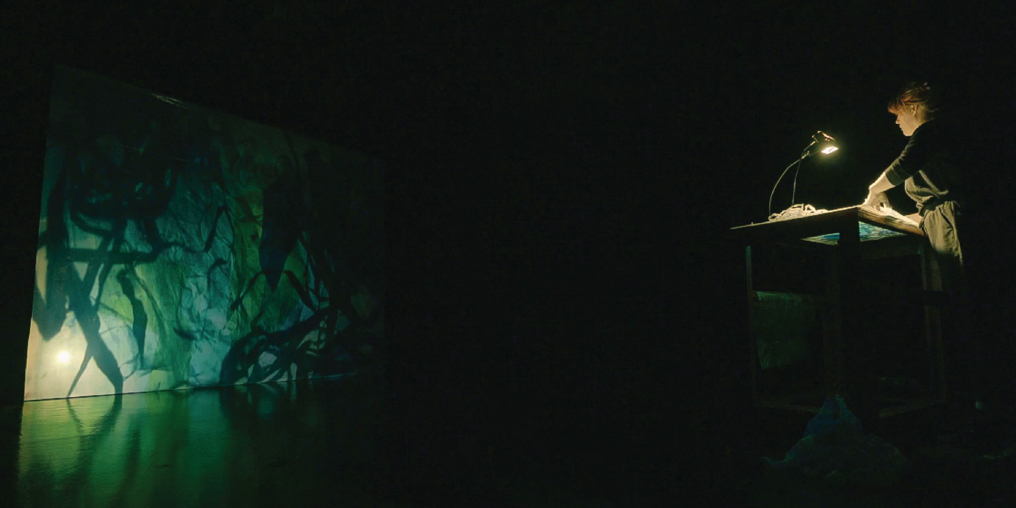We live by stories. By stories we understand the world, and ourselves. Each culture has its cosmology: an understanding of how its many stories fit together, the big “Why?”
This question underlies many of the discussions at Mythology Club Comox Valley, whose members study the stories of Old Europe as an inquiry into cultural regeneration and reconciliation.
The stories we now recognize as folk and fairy tales are in fact the vestiges of indigenous cosmologies from the homelands of Indo-European peoples. But they have had to pass through so many historical periods of colonization, displacement, and distortion that now many of them only evoke to us some mystifying past. For all their quaintness of giants, heroes, hags, and fairy magic, these stories can seem to endorse patriarchy, feudalism, superstition, and the dark side of our humanity that is greedy, scheming, quick to judge—and even to kill.
As a source of knowledge, mythology is belittled, or at best overlooked, in our scientific age. But for indigenous peoples, origin stories and oral tradition have always formed the foundation of cultural understanding. For the ancient Greeks, in many ways the ancestors of contemporary Western culture, story, poetry, and metaphor (mythos) were as important as rational, deductive reasoning (logos) as waypoints in the search for truth.
At Mythology Club, Stephanie MacKay and I guide the discussion as the group explores traditional folk stories, taking them seriously, as maps to our own Indo-European cultural heritage.
Once a month, in a covered space around a fire, we dive together into one old story to experience its strange beauty, complexity, even its intelligence. This year we have studied stories from Nordic, Finnish, German, and Irish traditions.
With a little historical context and cultural information, we find profound teachings in the stories from ancient times, when our Indo-European indigenous ancestors lived in immediate dependence upon the land, each other, and their traditional knowledge. In today’s era of global crises we are keenly aware that we still depend on those same things.
These traditional mythologies concern themselves centrally with how a people can thrive in a place, keeping life going for generations to come: not just human life, but all life. Fundamental to this is an understanding of reciprocity. Human life does not continue without all life continuing to support it.
As settlers it can be hard to truly engage in reconciliation with Indigenous peoples. Many of us feel guilt, shame, and denial where our ancestors felt entitlement, fear, and hatred. We can’t change the past, and yet we are still privileged by its injustice, living on unceded Indigenous lands, off of appropriated Indigenous resources. And our cultural destination seems to be climate crisis, social inequality, malaise, and mental illness. Mythology Club is a place to explore these challenges from the perspective of our own indigenous past.
The stories tell about what we have forgotten: how to maintain an intricate and dynamic reciprocity with each other, the land, and the spiritual forces of existence. They also say that practicing reciprocity looks like the practice of intact Indigenous culture, rich in beauty, ceremony, and stories. We all came from such cultures. The stories hold an echo of that dignity and honour, and the seeds of those spiritual understandings, alongside our colonized history: the griefs of imperialism, patriarchy, amnesia, and ambition.
Our duty as settlers is to uphold the dignity and honour of indigenous people who are fighting to keep an old road open: that of living, spiritual, reciprocal culture, sustaining not just our shared ecology, but our shared humanity, too—a humanity of true belonging. Mythology Club seeks to ally these efforts by invigorating the Indigenous culture settlers have lost, and long for. We need to be taking full responsibility within the narrative of reconciliation, doing our own work and owning our history as peoples from elsewhere.
Our ancient stories, from our ancient places, can help us with that: with the heartbreak, the hope, and the vestiges of an old road to meaningful life and right relationship.
Find out more about Mythology Club at fianna.ca.
Kester Reid is a director of Fianna Wilderness School and Undercurrents Mentoring.

